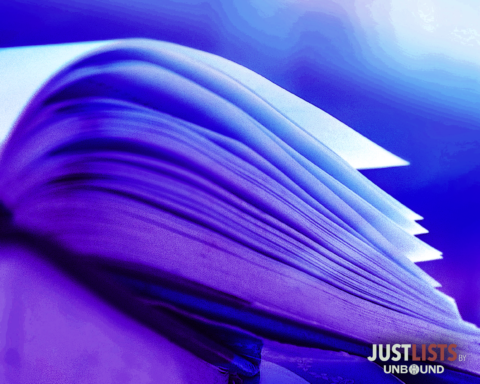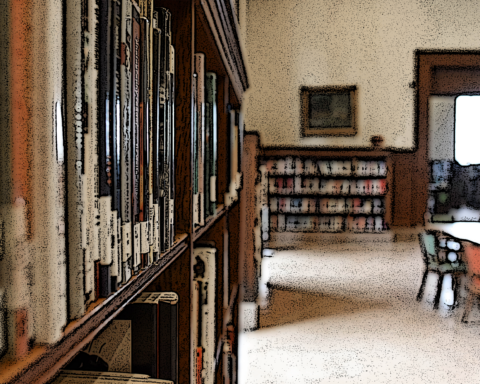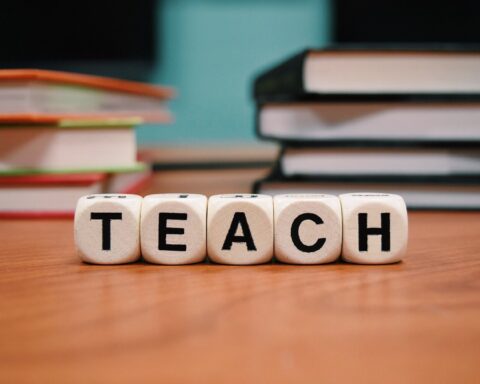Why Education?
The title of this issue, ‘A Pedagogy for the Distressed’, echoes Paulo Freire’s Pedagogy of the Oppressed, a seminal work both for critical pedagogy and liberation theology. Many are distressed about the state of education, both in the U.S. and around the world, and yet most if not all would agree that education itself is a fundamental, foundational part of the societies we seek to construct. But before we examine the distress, struggles, and justice issues present in education today – as well as some of the good and faithful work being done to change things – we need to take a look at the relationship between education and our faith tradition(s). Why, as Christians, should we care about education? Why should we care about public education? Is public education still tied up with Christian vocation if we have no children or our children are enrolled in private schools? How does education affect the common good – and to what extent is that our responsibility? Read on to see what our panel of authors have to say!
 Educating Whole People: A New ‘Common Core’ , Rev. Ginna Bairby
Educating Whole People: A New ‘Common Core’ , Rev. Ginna Bairby
“Transformed people, we believe, can’t help but participate in the transformation of the world. However, transformational education remains a privilege that not all in our country or in our world are able to access.” Read Article
 The Centrality of Education in the Reformed Tradition, Dr. Duncan S. Ferguson
The Centrality of Education in the Reformed Tradition, Dr. Duncan S. Ferguson
“The extraordinary challenge of our educational institutions is to find ways of articulating the Reformed faith in a way that has credibility and integrity in the intellectual climate of our time.” Read Article
sdf
 Our Theology of Public Education, Rev. Dr. Raymond Roberts
Our Theology of Public Education, Rev. Dr. Raymond Roberts
“As we consider the continuing challenges to American public schooling, we do well to retrieve this covenantal understanding that education is a common good.” Read Article
sdf
 Toward a Theology of the Child, Rev. Darcy Metcalfe Mudd
Toward a Theology of the Child, Rev. Darcy Metcalfe Mudd
“What’s particularly perplexing about this void in our theological past is that it stands in fairly stark contrast to the words and actions of Jesus in the Gospels.” Read Article
sdf
 The Vocation of Education: A Family Story, Bruce, Laura, and Emily Whearty
The Vocation of Education: A Family Story, Bruce, Laura, and Emily Whearty
“I’ve realized that I have to believe I am meant to be there, or I won’t last much longer. And I want to last. Even through all the frustrations, I find myself loving my students fiercely.” Read Article
sdf
 Education and Formation: Personal and Public, Civic and Spiritual, Rev. Dr. Chris Iosso
Education and Formation: Personal and Public, Civic and Spiritual, Rev. Dr. Chris Iosso
“All truth is sometimes ‘inconvenient’, as in a large sense we are to conform to reality rather than vice-versa. We share a thirst for truth even as we dislike hard truth, so denial is our biggest form of disbelief.” Read Article
Read more articles in this issue: Pedagogy for the Distressed!





Unbound Social